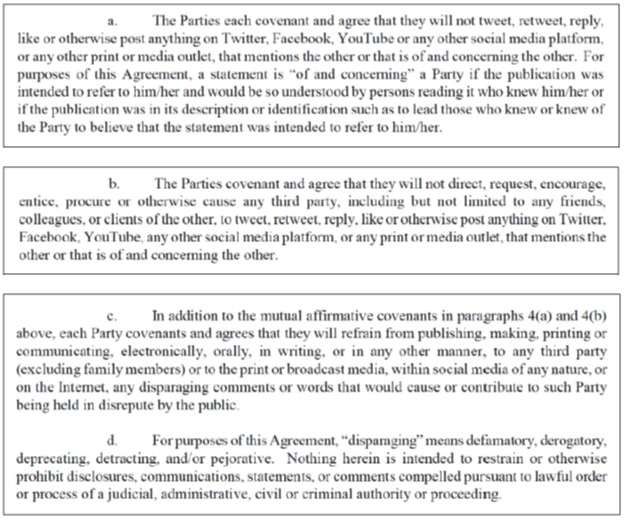The Boston Globe reports the “astonishing turn” that organizations created by libertarian billionaire Charles Koch and progressive billionaire George Soros are helping to fund a new think tank, The Quincy Institute for Responsible Statecraft. The new group is committed to promoting “ideas that move U.S. foreign policy away from endless war and toward vigorous diplomacy in the pursuit of international peace.”
From the Globe‘s writeup:
It will promote an approach to the world based on diplomacy and restraint rather than threats, sanctions, and bombing. This is a radical notion in Washington, where every major think tank promotes some variant of neocon militarism or liberal interventionism. Soros and Koch are uniting to revive the fading vision of a peaceable United States. The street cred they bring from both ends of the political spectrum — along with the money they are providing — will make this new think tank an off-pitch voice for statesmanship amid a Washington chorus that promotes brinksmanship….
The institute plans to open its doors in September and hold an official inauguration later in the autumn. Its founding donors — Soros’s Open Society Foundation and the Charles Koch Foundation — have each contributed half a million dollars to fund its takeoff. A handful of individual donors have joined to add another $800,000. By next year the institute hopes to have a $3.5 million budget and a staff of policy experts who will churn out material for use in Congress and in public debates. Hiring is underway. Among [Trita] Parsi’s co-founders are several well-known critics of American foreign policy, including Suzanne DiMaggio, who has spent decades promoting negotiated alternatives to conflict with China, Iran, and North Korea; the historian and essayist Stephen Wertheim; and the anti-militarist author and retired Army colonel Andrew Bacevich.
William Kristol, the former chief of staff for Vice President Dan Quayle, co-founder of The Weekly Standard, and a proponent of military intervention, was quick to sum up the response of “neocon militarism” and “liberal interventionism”:
75 years of a US-led liberal international order, based on a US forward presence and backed by US might, with regional and bilateral alliances and relatively free trade, has enabled remarkable peace and prosperity. But let’s go back to the 1920’s and 30’s! https://t.co/eFF3yb7Ty2
— Bill Kristol (@BillKristol) July 1, 2019
It’s a sad, empty rejoinder to equate any change from the foreign policy status quo to isolationism and appeasement, but there you have it. For those of us not uncritically wedded to a vision of American power that, among other things, largely waves away the disasters of post-9/11 foreign policy, the Koch-Soros partnership is a welcome sign that worn-out, old political coalitions are making way for new alliances. In fact, this isn’t even the first time that the libertarian and progressive have teamed up. As Davis Richardson of The New York Observer reported just a couple of weeks ago, Koch and Soros are both helping to fund The After Charlottesville Project, which seeks to help the “private tech sector” develop “best practices on the fight against hate and extremism online.” Koch and Soros also both share longstanding, overlapping interests in promoting free speech and civil discourse and reforming drug policy and criminal justice. (Disclosure: Reason Foundation, the nonprofit that publishes this website, receives funding from the Charles Koch Institute).
Expect this sort of latest politics-makes-odd-bedfellows moment to become the new normal as more and more Americans—whether of the donor class or simply the voting public—increasingly evacuate old ideological identities. Indeed, Donald Trump, who could barely have passed as a Republican a few decades ago, represents how up for grabs politics has become. As we step out of inherited identities and comatose political coalitions, all sorts of possibilities emerge. In The Declaration of Independents: How Libertarian Politics Can Fix What’s Wrong with America (2011/2012), Matt Welch and I wrote:
Americans who secede from political tribes, yet remain fully or sporadically involved in politics, scare the bejesus out of politicians. Through peaceful resistance, ephemerally organized swarms, blatant disregard of immoral laws, and more, we can create a permanent nongoverning minority, where blocs retain their potency by refusing to be co-opted and focusing on ways that the government is conspiring to keep them less free.
The Quincy Institute, drawing financial and ideological support from parts of the political spectrum that aren’t supposed to row in the same direction, is the latest sign that a 21st-century politics, one rooted in the way we live now and committed to finding answers to our present and future predicaments, is at long last emerging.
from Latest – Reason.com https://ift.tt/2RQcr1R
via IFTTT

